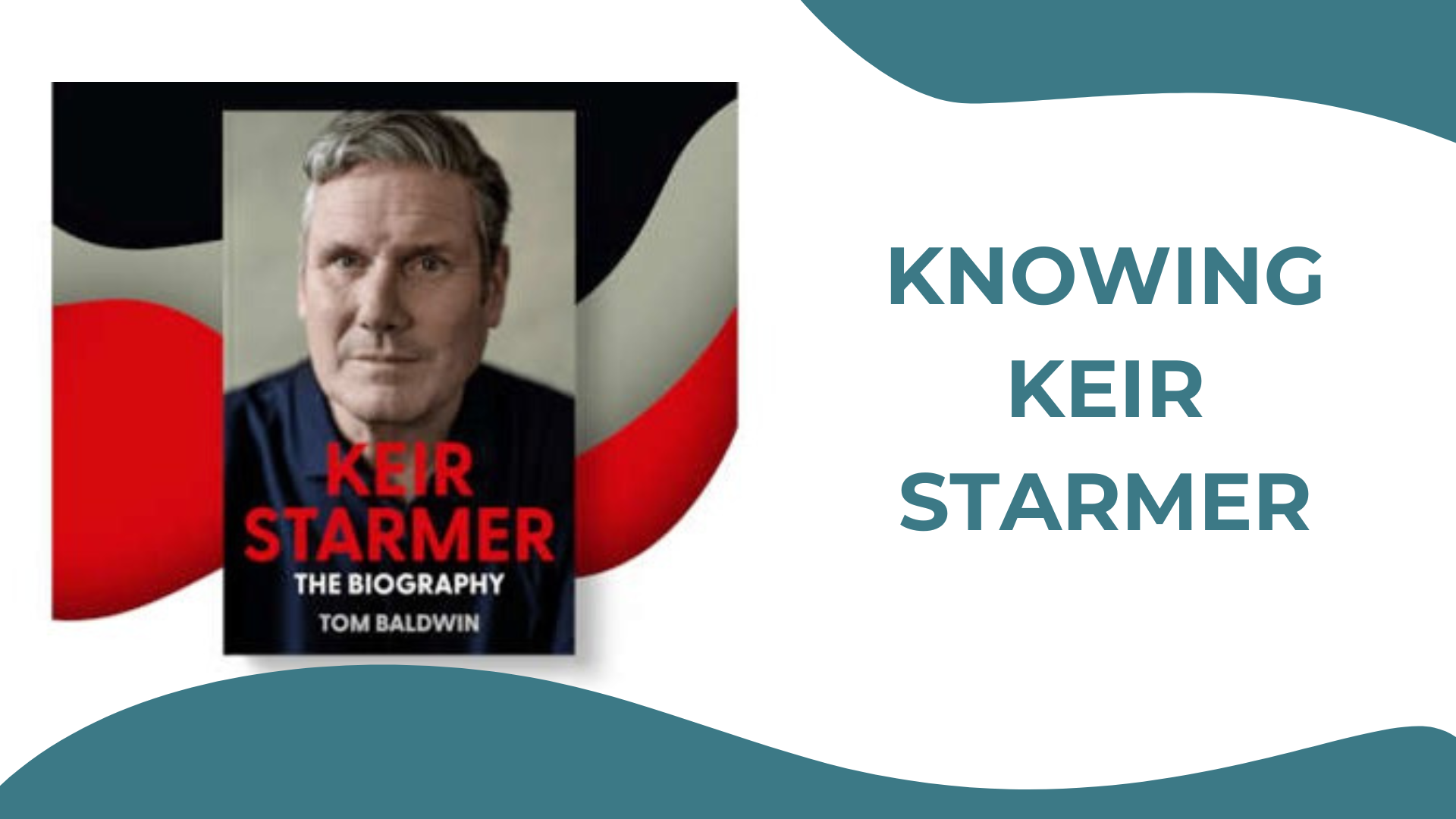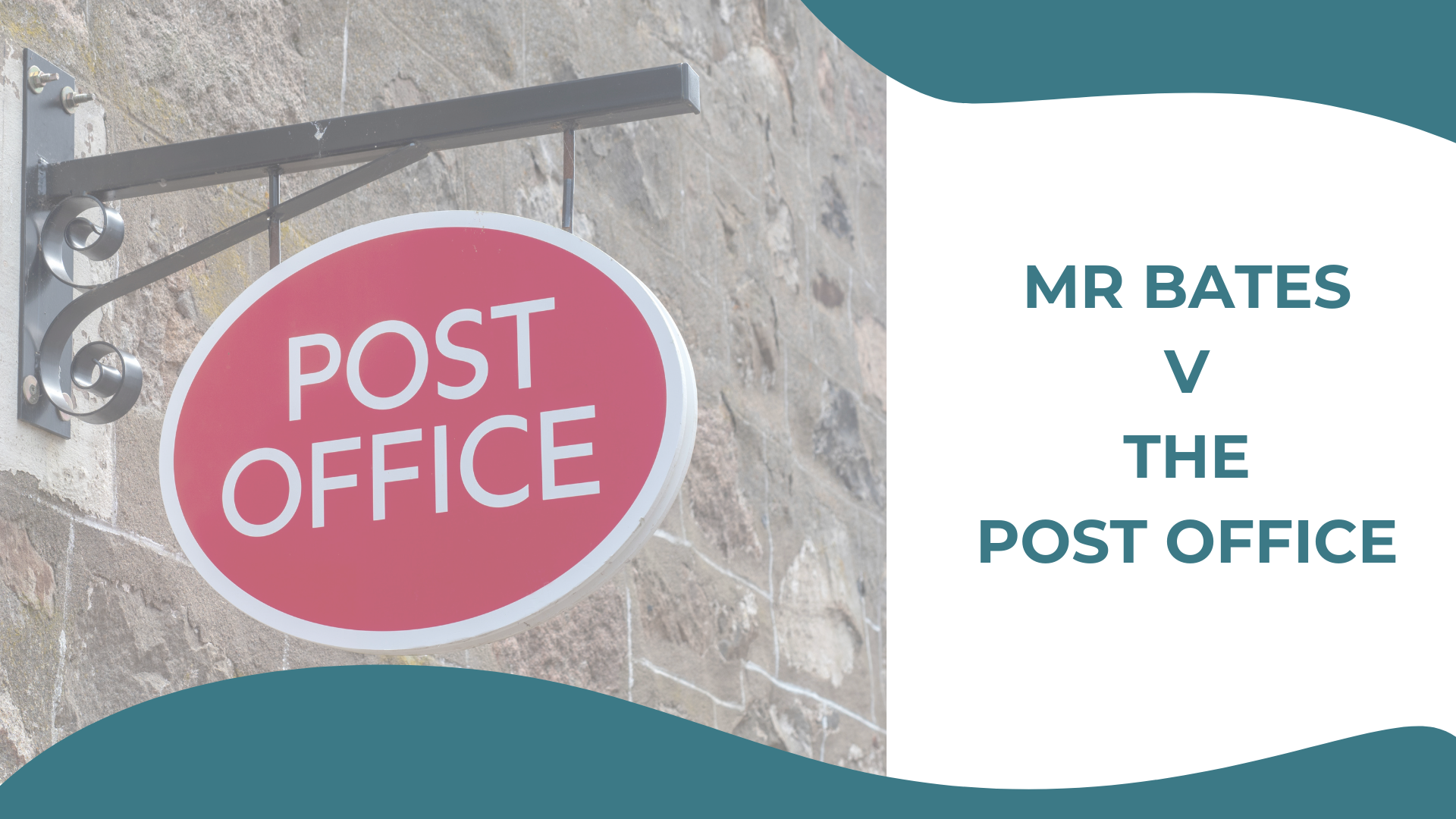This funny and insightful book takes us backstage to the ‘movement’ (aka warehouse logistics) team in a large department store. Here we are introduced to each team member and how they react to the news that the store manager is moving on and the implications of this for internal succession and promotion opportunities down to the shop floor.⬆️
Adelle Waldman casts a well-judged spotlight into organisational politics and personal relationships from the shop floor perspective. Although the book focuses on broader themes such as ambition, social hierarchies, race and gender it offers insightful commentary on how power structures and informal networks shape workplaces. It also highlights the gap between good and poor management and how ‘management speak’ is perceived at ground level.👀
For those of us interested in the people side of organisational life, here are some reflections I took away from reading Help Wanted:
1️⃣ Power and Influence
The novel explores how power is distributed unequally in workplaces. Some characters navigate office politics by leveraging relationships with higher-ups; others through leveraging the collective strength of their team, while others are simply marginalised with no voice. The informal power structures—who actually has influence versus who is nominally in charge—are a key focus.⚖️
2️⃣ Competition and Ambition
Help Wanted reminds us that our workplaces are also places of competition, with people vying for recognition, promotions, or personal validation. Waldman examines how ambition can fuel political manoeuvring, leading individuals to form alliances or undermine rivals in subtle, passive-aggressive ways.🤝
3️⃣ Gender Dynamics
Waldman is known for exploring gender dynamics, and in Help Wanted, this is woven into the organisational politics. Female characters often face additional layers of challenge in asserting themselves in the workplace, dealing with implicit biases and sexist behaviour from male colleagues. The book explores how these gendered dynamics affect power, influence and ambition.💪
4️⃣ Communication and Miscommunication
The book highlights how much of office politics is often about reading between the lines. Much of the drama revolves around misunderstandings, hidden agendas, or unspoken rules. Navigating organisational politics requires a keen understanding of these implicit cues. By way of contrast there are also overt attempts to manipulate situations and influence opinions and, sadly, they are all too familiar patterns we see in organisational life.🔍
5️⃣ Social Capital
The novel demonstrates how individuals with strong social connections can navigate the office’s unwritten rules more successfully. Those who lack social capital—whether due to personality, background, or unwillingness to play the political game—are often sidelined.🌐
There’s a lot more of course, but I hope this short review at least encourages you to go and take a look at one of the best books I have come across that takes you into the heartbeat of organisational life.📖
If you would like to discuss this article or HR leadership, do get in touch: contact@mightywaters.co.uk
Very best wishes,
Mark Withers
Founder and Director, Mightywaters




